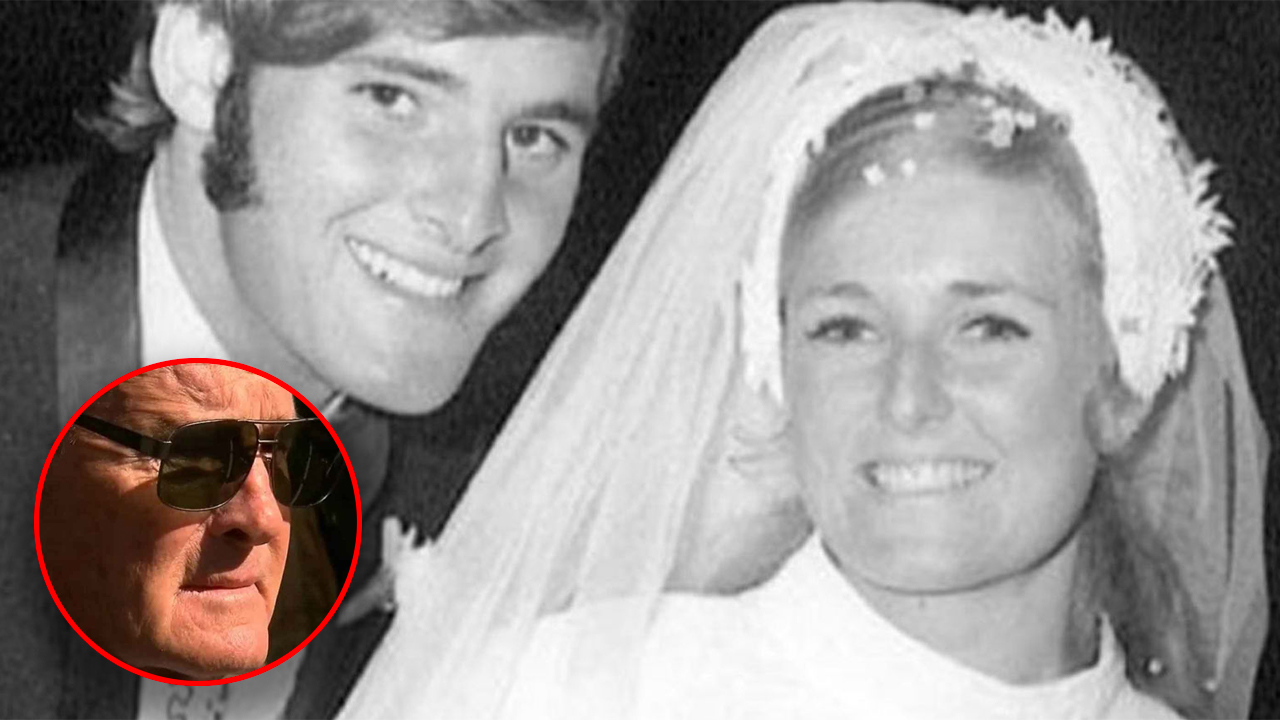Result of Chris Dawson's appeal announced

In a significant decision, the state's highest criminal appeal court has denied Chris Dawson's attempt to overturn his conviction for the calculated murder of his wife, Lynette, whose mysterious disappearance in 1982 remains one of Sydney's most perplexing cases.
Dawson was found guilty in 2022 of murdering Lynette Joy Simms, who was 33 years old when she disappeared from their Bayview home in January 1982. Despite extensive investigations, her body has never been recovered.
Justice Ian Harrison, who presided over the trial, determined that Dawson, a former teacher and rugby league player, murdered Lynette to remove what he saw as an obstacle to a new life with "JC", his former student and the babysitter of the couple's two children. JC moved into Dawson's home within days of Lynette's disappearance. Harrison sentenced Dawson to a maximum of 24 years in prison, with a non-parole period of 18 years.
Now 75, Dawson appealed the conviction in the NSW Court of Criminal Appeal. On Thursday at 2pm, the court dismissed his appeal, solidifying the initial verdict.
Compounding his legal woes, Dawson's non-parole period was extended by a year after his conviction for unlawful sexual activity with a student in 1980. Consequently, Dawson will not be eligible for release until 2041, when he will be 93 years of age.
After Lynette was officially declared missing, Dawson remarried twice. He wed JC on January 15, 1984, at the Bayview home he had shared with Lynette. Later that year, the couple relocated to Queensland. JC left Dawson in early 1990 and made her first police statement regarding Lynette's disappearance in May that year, prompting renewed investigations.
Dawson's legal team presented five grounds for appeal. They argued that the delay in criminal proceedings disadvantaged Dawson and that Harrison's verdict was unsupported by evidence. They claimed the Crown failed to disprove that Lynette was alive on January 9, 1982, and that the evidence as a whole did not substantiate Dawson's guilt.
Harrison maintained in his August 2022 judgment that proving Lynette's death around January 8, 1982, was crucial to the Crown's case. Dawson's barrister, Belinda Rigg, SC, argued that it was plausible Lynette was alive on January 9 and had contacted Dawson at his part-time job, suggesting she needed time away to resolve personal issues. However, Harrison found Dawson's claim – solely supported by his own testimony, which he did not present at trial – was a lie.
Justice Christine Adamson, one of the appellate judges, highlighted the absence of phone records, noting the uncertainty they posed: "We don’t have the phone records, and there’s no way of knowing whether the phone records are going to be completely neutral, or exculpatory, or inculpatory."
Rigg contended during the appeal that Dawson's ability to verify his account independently had been compromised by the delay.
The court's decision to dismiss Dawson's appeal reinforces the gravity of his crimes and underscores the enduring quest for justice in one of Australia's most enduring mysteries.
Images: Twitter (X) | Nine
